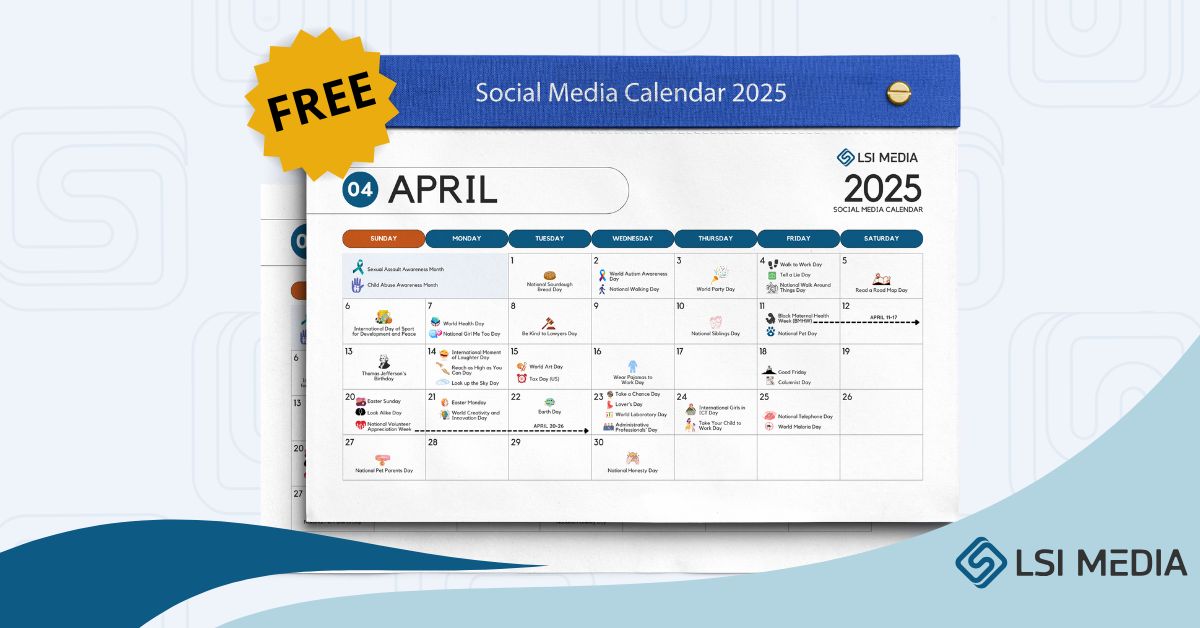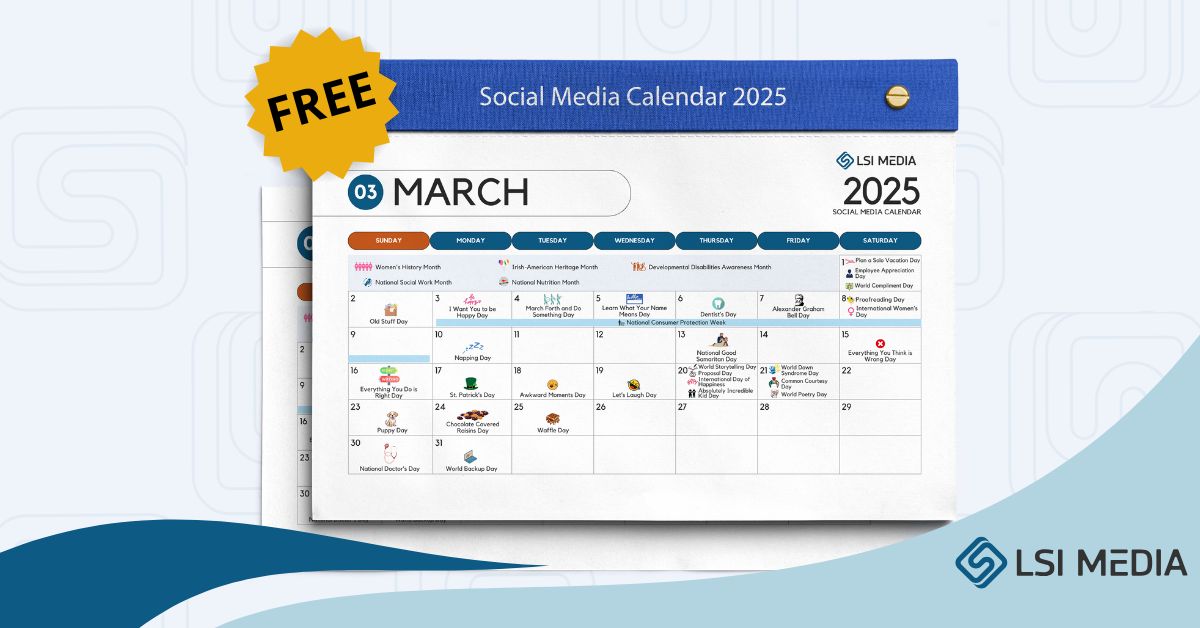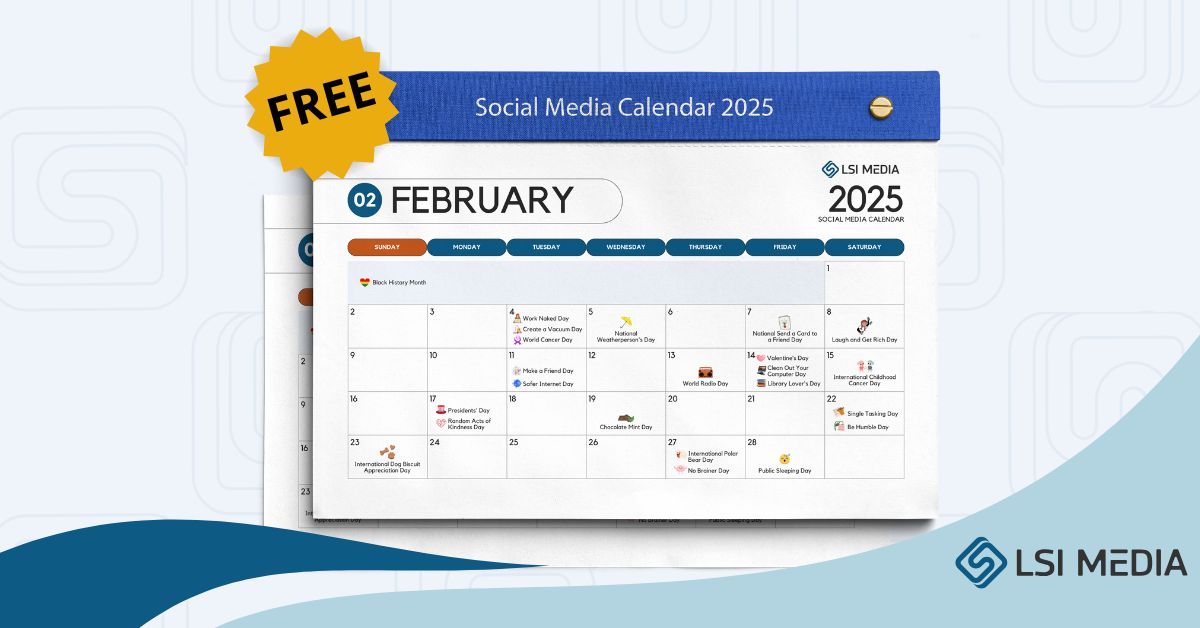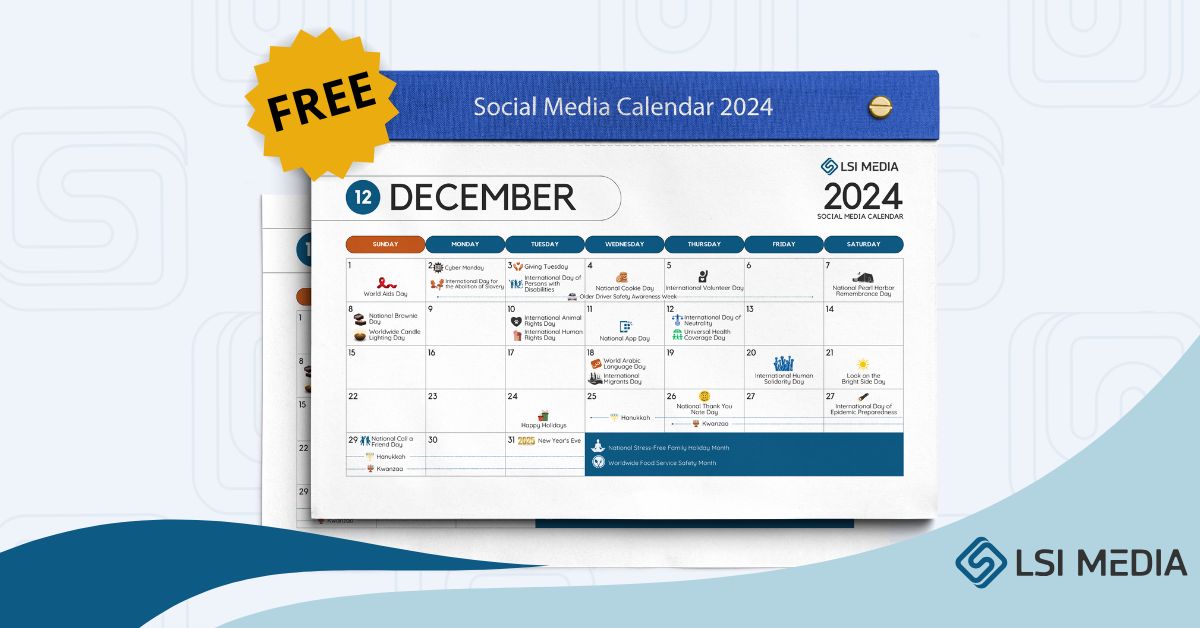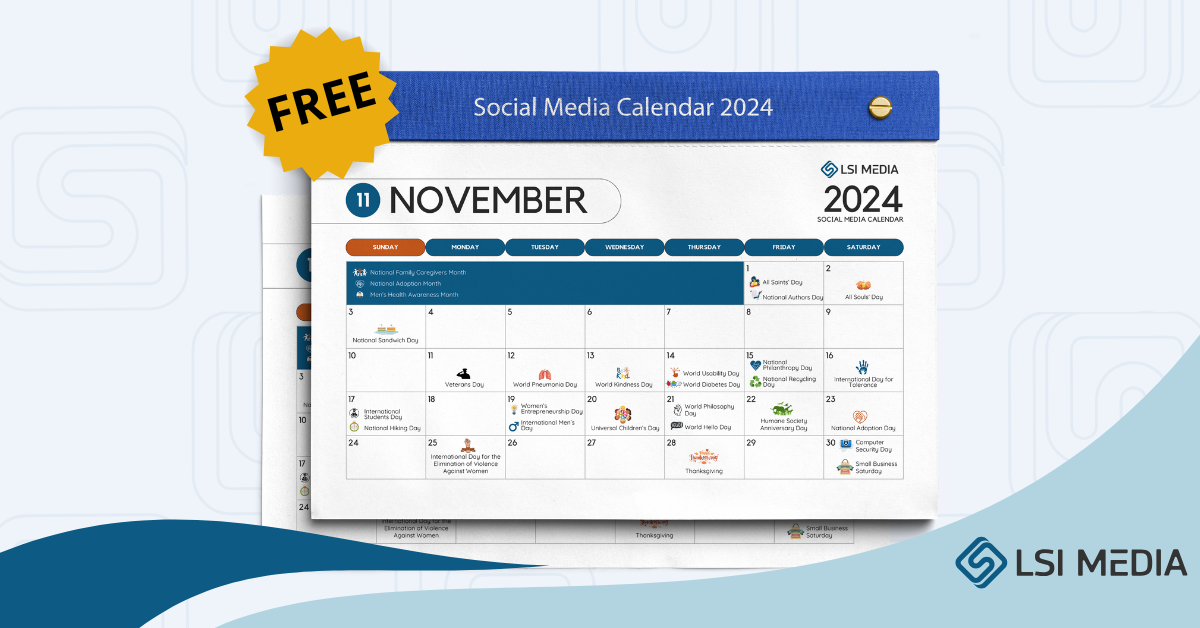[ez-toc]
Facebook vs. Apple, prepare for a head-to-head showdown! Facebook, the social media giant, has long relied on user data to target ads and personalize content, but Apple’s recent changes to its mobile operating system threaten to disrupt this lucrative model.
With its new App Tracking Transparency feature, Apple empowers users to choose whether to allow apps, including Facebook, to track their activity across other apps and websites. As tensions rise between the two tech titans, the future of data tracking and privacy hangs in the balance.
App Tracking Transparency was first announced by Apple during their developer conference last June 2020 and intended to launch the feature alongside iOS 14 and the iPhone 12. They then deferred the implementation of their new tracking policy for 2021 in order to give businesses and apps dependent on advertising more time to manage the transition. How will this dispute play out? This account tells us more.
Facebook says collecting user data across the internet makes for ‘better experiences. Apple – and privacy groups – are pushing back. Facebook is taking lessons from its debacle over WhatsApp privacy changes in a bid to prevent millions of its users from opting out of allowing the company to track their interests across the internet.
WhatsApp, which is owned by Facebook, was forced to delay an update to its privacy policy last month when an in-app notification informed users that some data from the communications app would be shared with Facebook.
It raised concerns about the privacy of chat messages and profile data and led users to shift in droves to other encrypted messaging apps such as Signal. Now a looming showdown with Apple over data tracking has prompted Facebook onto the front foot.
What Will Users See?
Sometime in the next few months, iPhone users will be greeted by a message – not from Facebook, but from Apple – asking them if they will allow the Facebook app to collect their data. If users refuse, Apple will prevent Facebook from doing so. A similar message from Apple will pop up, related to any app that collects data on users for advertising purposes.
Facebook says it will preempt the change by rolling out a pop-up screen over the coming weeks and months, making a plea to users to stay opted in. “Agreeing to these prompts doesn’t result in Facebook collecting new types of data; it just means that Facebook can continue to give people better experiences,” a Facebook spokeswoman said.
What Sort Of Data Are We Talking About?
It’s almost a given that when you shop online for shoes, you’ll suddenly find yourself served with ads for shoes across a bunch of other websites, or in your Facebook feed. If you’ve been in a physical store, you might see a related ad pop up in one of your apps later on.
The ability of websites to track you across the internet might creep you out, but companies know exactly where to pitch their advertising through data collected about everything from places you’ve visited health information.
What Is Apple Doing?
Apple has been slowly pushing back on how much data apps can collect by giving users the option to turn off location tracking and letting people know if an app is tracking their location while running in the background.
“Right now, users may not know whether the apps they use to pass the time, to check in with their friends, or to find a place to eat, may in fact be passing on information about the photos they’ve taken, the people in their contact list, or location data that reflects where they eat, sleep or pray,” Apple CEO, Tim Cook, said late last month at the Computers, Privacy and Data Protection conference.
Late last year, it forced app providers in iOS to spell out what data they collect through “nutrition labels” in the App Store. The label showing exactly how much Facebook Messenger collects, along with Facebook’s announcement that it was planning to use data from WhatsApp to advertise products to users, led to the exodus of users to encrypted apps such as Signal.
The next step for Apple is to allow users to opt out of data collection entirely. In an update to iOS14 to be rolled out in the next few months, Apple will allow users to control what data each app collects and switch it on and off at will.
What Is Facebook’s Response?
The move has been broadly welcomed by privacy groups, but Facebook sees Apple’s new privacy controls as a direct assault on its business. Rather than arguing it needs to collect all this data on its users, Facebook has framed its objections as preventing small businesses from pinpointing where to place their ads.
Facebook has also argued Apple telling its users what types of data are collected by each app does not provide the context for how it is used. “Apple’s new prompt is designed to present a false trade-off between personalized ads and privacy; when in fact we can provide both,” a Facebook spokeswoman said. “Apple is doing this to self-preference their own services and targeted advertising products.”
Where Is This Privacy Fight Heading?
Apple is unlikely to back down, with Cook hinting that data collection by companies such as Facebook can be blamed for much of the rampant disinformation and conspiracy theories online. “We can no longer turn a blind eye to a theory of technology that says all engagement is good engagement – the longer the better – and all with the goal of collecting as much data as possible,” he said.
“Too many are still asking the question, ‘How much can we get away with?’ when they need to be asking, ‘What are the consequences?’ “A social dilemma cannot be allowed to become a social catastrophe,” Cook said advertising had existed for decades before technology began collecting vast amounts of data across websites and apps.
In a result call the day before Cook’s speech, Facebook CEO Mark Zuckerberg accused Apple of making the decision based on competitive interests, rather than privacy.
“We’re also seeing Apple’s business depend more and more on gaining share in apps and services against us and other developers,” he said. “Apple has every incentive to use their dominant platform position to interfere with how our apps and other apps work, which they regularly do to preference their own.
“When you hear people argue that we shouldn’t be doing these things – or that we should go back to the old days of untargeted television ads – I think that what they are really arguing for is a regression where only the largest companies have this capacity, small businesses are severely disadvantaged, and competition is diminished.”
Where Does Google Stand On This?
Google has been much less aggressive about the changes, with the company’s most recent blog post stating it was working to comply with the changes for its apps and advising customers they could see “a significant impact to their Google ad revenue on iOS” after the change.
But Apple may be gunning for Google’s business, too. The search bar in iOS14 quietly replaced Google’s search results with its own, but it’s a long step from Apple launching its own search engine, and given the debacle when Apple first tried to replace Google Maps in 2012, it is likely to take it slowly.
Via Facebook v Apple: The Looming Showdown Over Data Tracking and Privacy
Facebook vs. Apple
In the world of technology, two giants are heading toward a major collision. Facebook vs Apple, a showdown over data tracking and privacy, has ignited a fierce debate among users and businesses alike. With each company taking a different stance, users are left wondering which option to choose.
On one side, Facebook argues for tailored advertising and personalized experiences, asserting that data tracking is essential for targeted marketing. On the other side, Apple emphasizes user privacy, aiming to protect personal information and give users more control over their data. As the battle intensifies, users must decide where their priorities lie – in personalized experiences or safeguarding their privacy.
In Conclusion
The ongoing battle between Facebook and Apple over data tracking and privacy is coming to a head. Both companies have differing approaches toward user data and how it should be handled. Facebook relies heavily on personalized ads and targeted marketing, utilizing user data to fuel its revenue streams.
Apple has taken a strong stance on privacy, emphasizing the need for user consent and control over their data. The clash between these two tech giants highlights the growing concerns of users and regulators surrounding data privacy. While Facebook argues that personalized ads enhance user experience, Apple has prioritized protecting user privacy by introducing new features such as App Tracking Transparency.
As this showdown progresses, the outcome will likely have far-reaching implications for the tech industry, influencing the future direction of data tracking and privacy. Whether it leads to greater transparency and user control or further deepens privacy concerns remain to be seen. Nonetheless, this confrontation between Facebook and Apple marks a turning point in the ongoing battle for data privacy in the digital age.
FAQs:
1. What is the conflict between Facebook and Apple?
The conflict between Facebook and Apple stems from their differing approaches to data tracking and privacy. Facebook relies heavily on collecting user data for targeted advertising, while Apple, on the other hand, believes in giving users more control over their personal information.
2. Why is data tracking important for Facebook?
Data tracking is crucial for Facebook because it allows the platform to gather information about user’s online activities, interests, and preferences. This data is then used to deliver targeted advertisements to users, which is a significant source of revenue for the company.
3. What changes has Apple made regarding data tracking?
Apple has introduced a new privacy feature called App Tracking Transparency (ATT), which requires app developers to explicitly ask for user permission before tracking their activities across apps and websites. This change has significant implications for Facebook and other companies heavily reliant on data tracking.
4. How does App Tracking Transparency impact Facebook?
App Tracking Transparency has a direct impact on Facebook’s ability to track user data for advertising purposes. With this new feature, users are presented with a pop-up notification asking for their permission to be tracked. As a result, Facebook is likely to see a decrease in the amount of data it can collect and utilize for targeted advertising.
5. What are Facebook’s concerns with Apple’s privacy changes?
Facebook has expressed concerns that Apple’s privacy changes will negatively affect small businesses that rely on targeted advertising. Since Facebook’s advertising revenue largely comes from small businesses, this change could have a financial impact on both Facebook and its advertisers.
6. How is Apple justifying its privacy changes?
Apple justifies its privacy changes by asserting that users have the right to control their personal information and to know how their data is being used. These changes aim to empower users and give them more transparency and control over their online privacy.
7. How are other companies responding to Apple’s privacy changes?
While some companies, like Facebook, have voiced their concerns and opposition to Apple’s privacy changes, others have embraced them as a step toward improving user privacy. Companies that already prioritize user privacy may use Apple’s changes as a competitive advantage.












